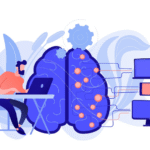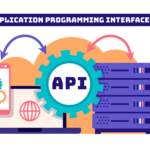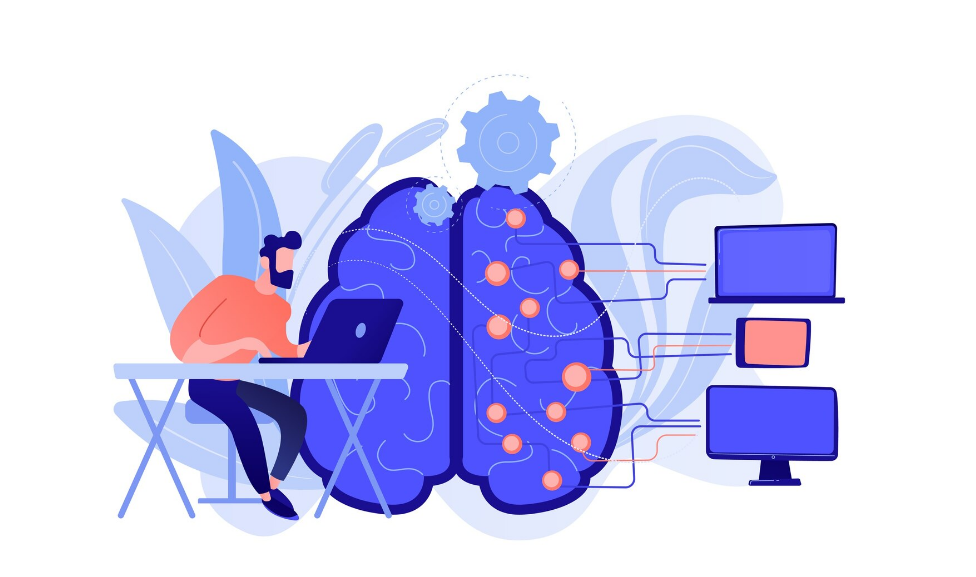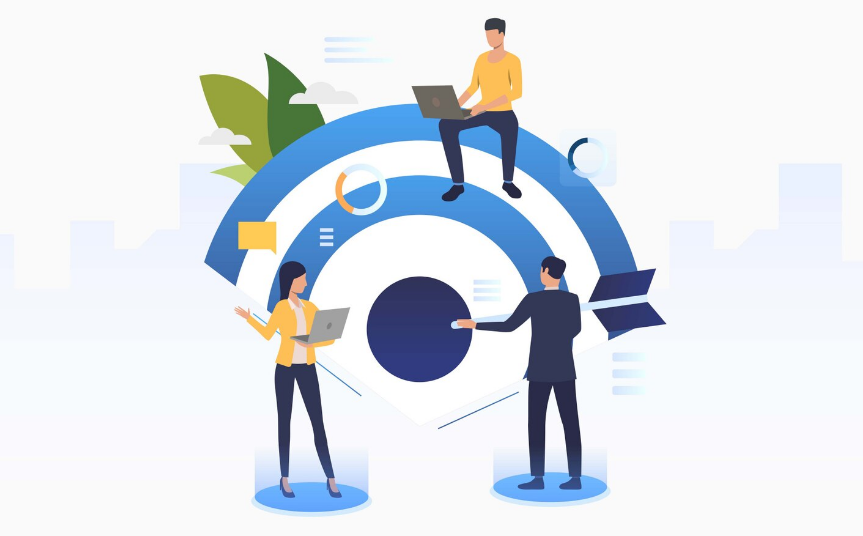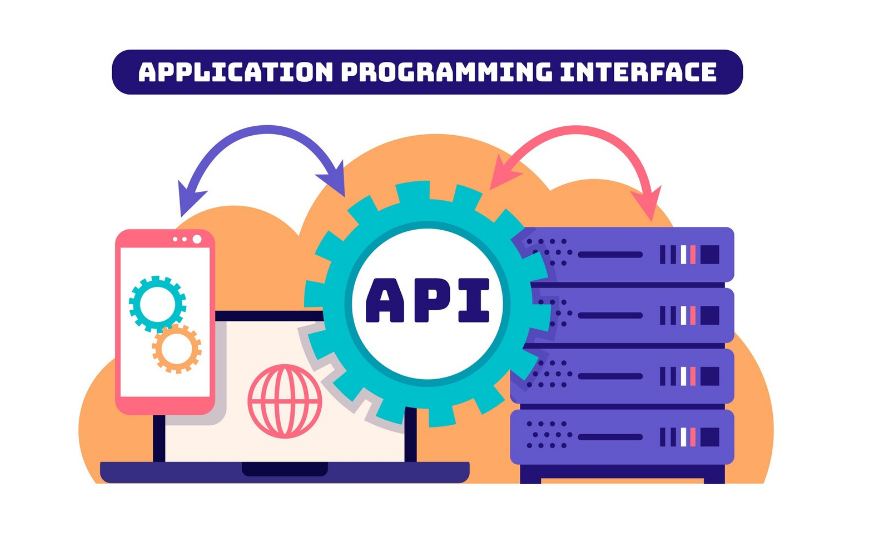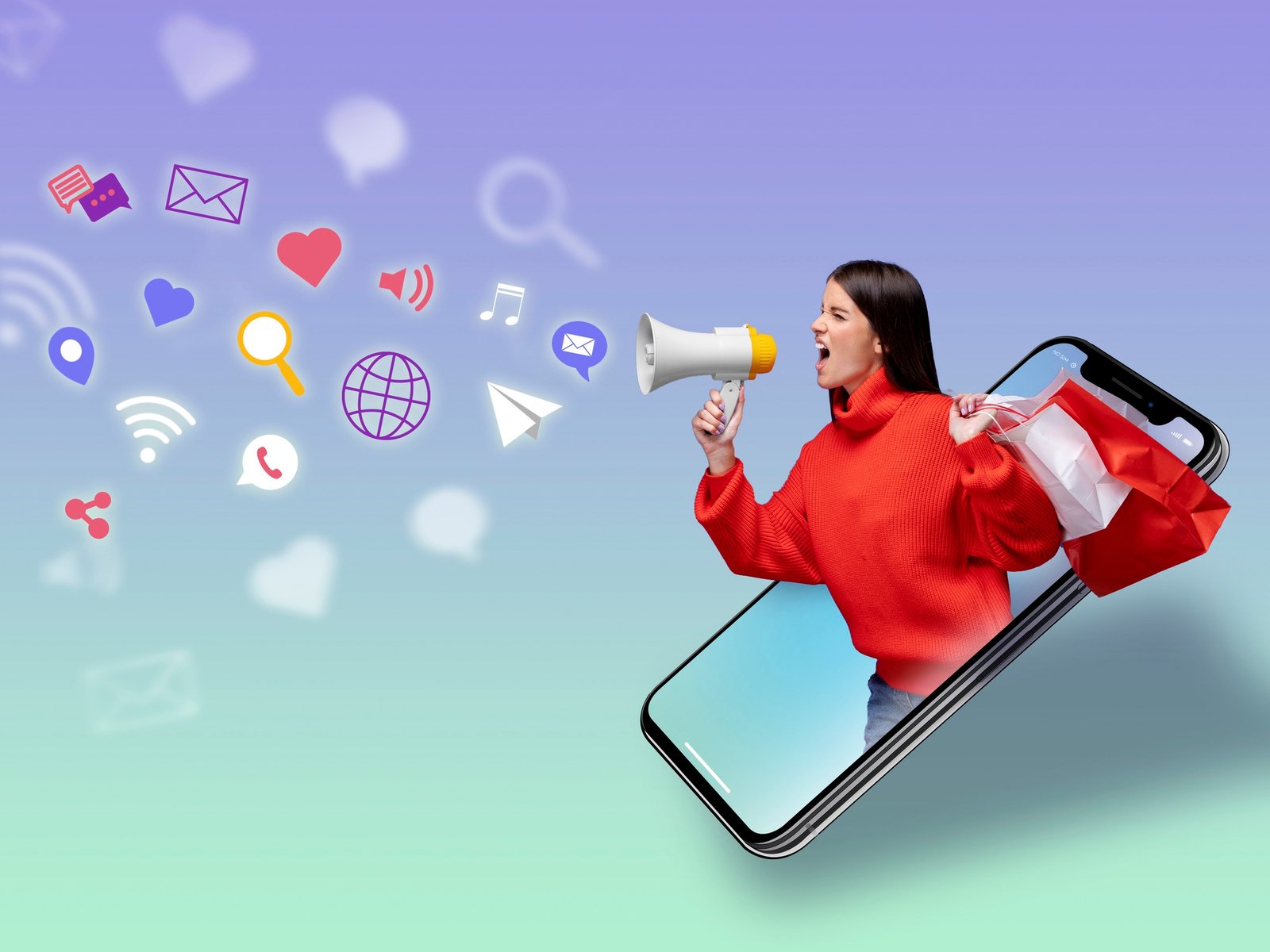In today’s hyper-competitive B2B landscape, sales teams are under more pressure than ever to deliver results faster, smarter, and more efficiently. Traditional methods no longer cut it. That’s where AI-augmented sales teams come in—blending the power of human intuition with machine-driven precision to create a high-performing, data-driven sales force.
This article dives into how AI-augmented sales teams are transforming the way B2B companies approach sales, driving unmatched growth, productivity, and customer success.
What Are AI-Augmented Sales Teams?
AI-augmented sales teams are sales professionals who leverage artificial intelligence tools and insights to enhance their performance. Rather than replacing sales reps, AI acts as an intelligent assistant—analyzing data, predicting buyer behavior, and streamlining time-consuming tasks so humans can focus on strategy and relationships.
Key Functions of AI in Sales:
- Lead scoring and prioritization
- Real-time sales forecasting
- Predictive analytics for buying behavior
- Email and call automation
- Personalized content recommendations
- Pipeline health analysis
- Chatbots and conversational AI for initial outreach
These capabilities empower sales reps to make smarter decisions, personalize their outreach, and close deals faster.
Why B2B Needs AI-Augmented Sales Teams
1. Data Overload Requires Smarter Tools
B2B organizations generate a massive amount of data from CRM systems, marketing platforms, website analytics, and more. AI can sift through this data quickly to extract valuable insights and highlight opportunities.
2. Shorter Sales Cycles and Higher Conversion Rates
AI helps eliminate guesswork. Sales reps can focus on high-intent prospects and tailor their approach based on behavioral signals—shortening the sales cycle and increasing win rates.
3. Personalization at Scale
Modern B2B buyers expect tailored experiences. AI enables reps to deliver relevant messages, content, and solutions without manually researching every lead.
4. Accurate Forecasting and Pipeline Management
AI enhances forecasting accuracy by analyzing historical data and real-time deal progression. This helps sales leaders allocate resources more effectively.
5. Improved Team Productivity
AI automates repetitive tasks like logging activities, scheduling follow-ups, and updating CRM fields—freeing up reps to focus on selling.
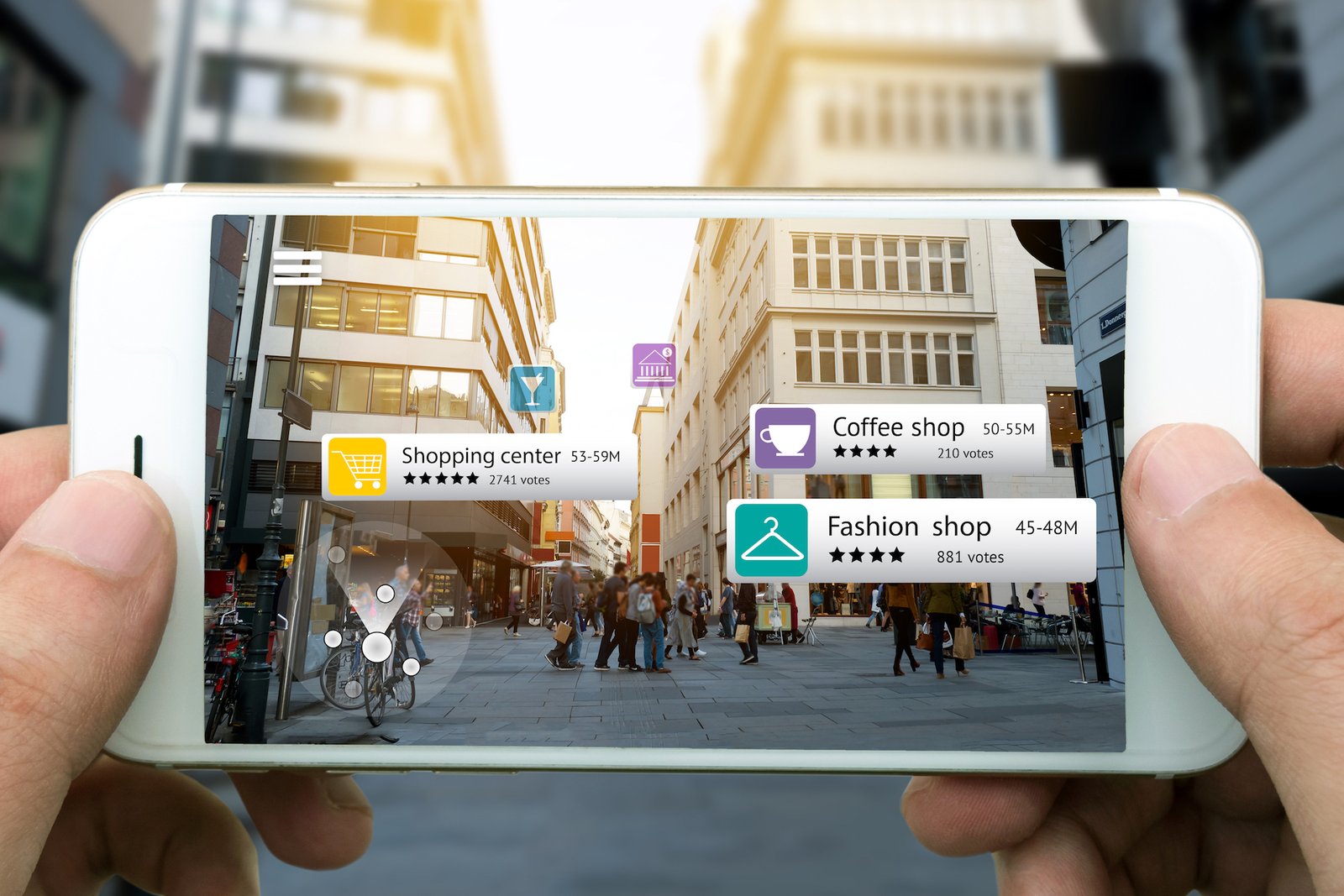
Real-World Applications of AI-Augmented Sales Teams
a. AI-Powered Lead Scoring
Platforms like Salesforce Einstein and HubSpot use AI to rank leads based on likelihood to convert, enabling reps to focus their time where it counts.
b. Sales Enablement Tools
AI tools like Gong or Chorus analyze sales calls to provide coaching insights, improve scripts, and identify what top-performing reps are doing differently.
c. Conversational AI
Chatbots powered by AI can engage website visitors, qualify leads, and route them to the right sales rep without delay.
d. Predictive Analytics for Upselling
AI helps sales teams identify which existing customers are most likely to upgrade or renew, allowing reps to time their outreach perfectly.
e. Dynamic Pricing Engines
AI can adjust pricing based on customer behavior, industry benchmarks, or deal history to improve deal velocity and profit margins.
Challenges to Watch Out For
While the benefits are compelling, integrating AI into sales isn’t without hurdles:
- Data Quality: AI is only as good as the data it analyzes. Clean, complete, and updated CRM data is essential.
- Change Management: Getting buy-in from sales teams requires training, support, and clear communication of benefits.
- Over-Automation: Human connection still matters. AI should support—not replace—authentic engagement.
Building Your AI-Augmented Sales Strategy
Step 1: Audit Your Sales Stack
Identify what tools you’re already using and how AI can enhance their value. Look for gaps in data, automation, or personalization.
Step 2: Start with Quick Wins
Implement AI features like lead scoring or email automation first. These provide fast ROI and increase team adoption.
Step 3: Invest in Training
Ensure your sales team understands how AI works, what insights to trust, and how to integrate them into their daily workflow.
Step 4: Align with Marketing
AI works best when sales and marketing share data. A unified approach ensures consistent messaging and better lead nurturing.
Step 5: Track KPIs and Iterate
Monitor metrics like conversion rates, average deal size, and sales velocity to measure impact. Refine your approach based on real results.
The Future of B2B Sales: Human + Machine
AI-augmented sales teams represent the future of high-performance selling. In this hybrid model, machines do the heavy lifting—analyzing data, automating tasks, predicting outcomes—while humans focus on creativity, empathy, and relationship-building.
Companies that embrace this blend are already outpacing their competition. They’re closing more deals, delivering better experiences, and scaling faster—all without burning out their teams.
Final Thoughts
Unleashing AI-augmented sales teams is not about replacing your people—it’s about empowering them. With the right strategy, tools, and mindset, your team can become more efficient, more insightful, and more impactful.
The future of B2B growth belongs to businesses that combine human intuition with machine intelligence. Start your AI journey now—and get ready to sell smarter, faster, and better than ever before.

